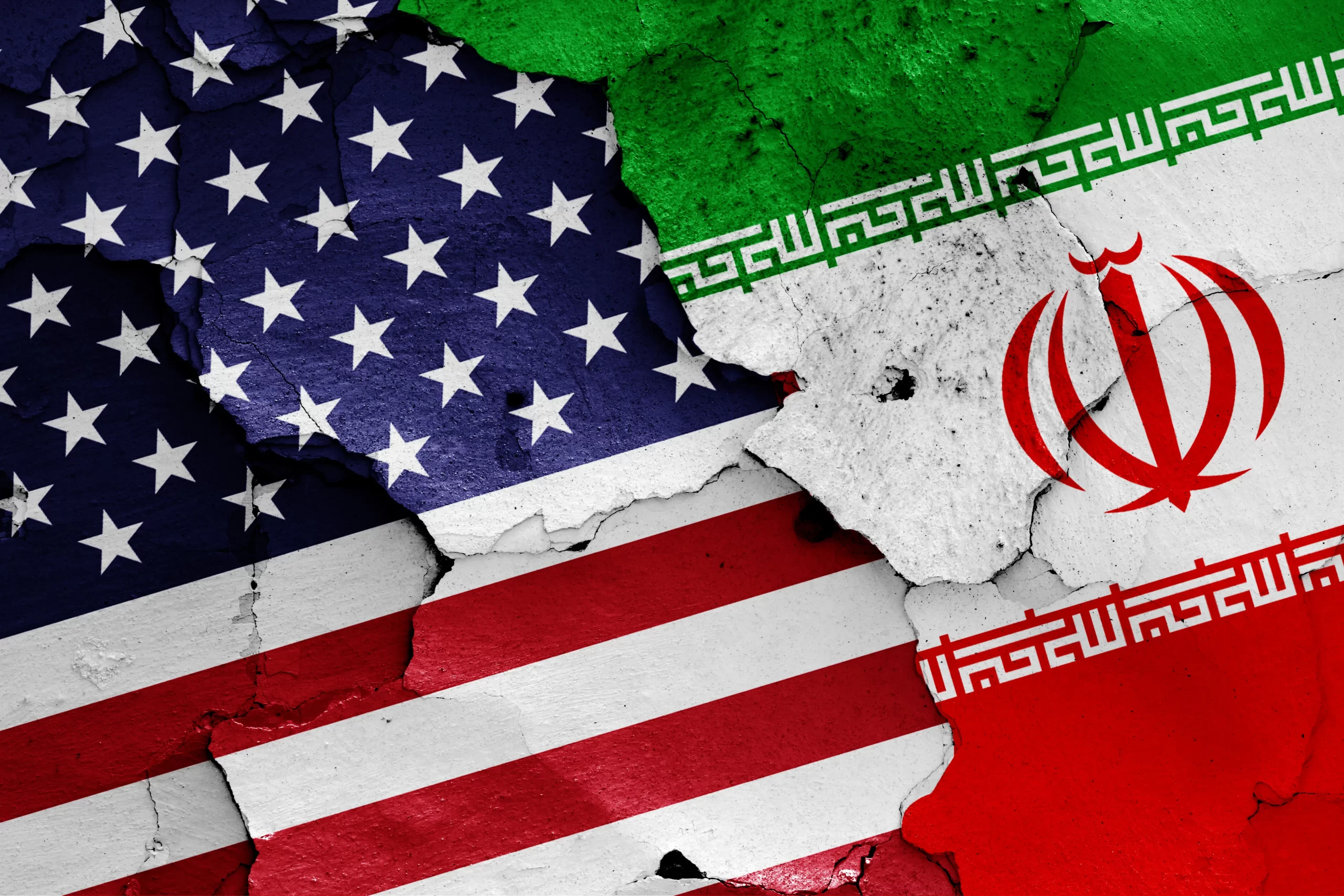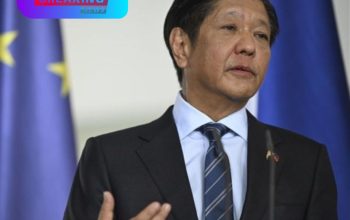Introduction: Historical Ties and Growing Tensions
Iran and the UK have a relationship that is lengthy, complex, and frequently tense. Although they have interacted for centuries, the last few decades have been characterized by heightened geopolitical rivalry, mutual distrust, and intense political conflict. These tensions are not merely bilateral issues; they are a component of a larger network of international security factors that have an impact on world stability.
Conflicts between the two countries have grown in recent years as a result of disagreements over nuclear development, marine issues, and regional dominance. The repercussions for global security continue to worsen as Iran establishes its regional dominance and the UK redefines its foreign policy in the wake of Brexit.
Historical Background of Iran and the UK Relations
The UK had a strong historical presence in Iran, notably during the colonial and oil exploration periods. Formerly a major player in Iran’s economy, the AngloIranian Oil Company (now BP) caused widespread animosity among Iranians. The 1953 coup, backed by the US and the UK, that deposed Iran’s democratically elected Prime Minister, Mohammad Mossadegh, was the culmination of that resentment.
The Islamic Revolution of 1979, though, was the turning point in the relationship between the United Kingdom and Iran. The end of Western-aligned rule in Iran occurred when the Islamic Republic was founded after the Shah’s overthrow. The hostage crisis at the U. S. embassy in Tehran in the same year established the foundation for Iran’s future interactions with the West, including the United Kingdom. Ever since, diplomatic ties have frequently been downgraded or broken off, and confidence has remained low.
The Nuclear Dispute Between Iran and the UK
The issue of Iran’s nuclear program is one of the main causes of friction between the United Kingdom and Iran. In large part because of its position in the P5+1 (the five permanent members of the UN Security Council plus Germany), the United Kingdom has been instrumental in attempts to limit Iran’s nuclear aspirations.
The Joint Comprehensive Plan of Action (JCPOA), which was signed in 2015, was a diplomatic triumph that pledged to curtail Iran’s nuclear program in return for the lifting of sanctions. The UK saw this agreement as a means to foster regional stability and wholeheartedly backed it.
Tensions escalated after President Donald Trump withdrew the United States from the JCPOA in 2018 and reimposed sanctions. Although the UK remained committed to the deal, it struggled to protect European businesses from the impact of U.S. penalties. In response, Iran gradually reduced its compliance and began enriching uranium beyond the agreed limits. The UK and its allies now fear that Iran’s advancing nuclear program could dramatically shift the regional balance of power and threaten global peace.
Maritime Tensions in the Strait of Hormuz
Diplomatic channels have not been the only place where tensions have persisted. In July 2019, the Iranian Revolutionary Guard Corps (IRGC) seized the British-flagged tanker Stena Impero in the Strait of Hormuz. The capture of an Iranian oil vessel off the coast of Gibraltar by British forces two weeks earlier, on charges of breaking EU sanctions against Syria, precipitated this move.
The dangers of military escalation and the fragility of international shipping routes were brought to light by these retaliatory measures. The Strait of Hormuz, a narrow waterway carrying about 20% of the world’s oil, quickly became a flashpoint. Consequently, the UK joined the U.S.-led maritime security operation in the Gulf. This move heightened Iran’s suspicion of Western intentions. As a result, tensions in the region increased significantly. The UK’s involvement aimed to protect shipping lanes but also escalated regional distrust.
Cybersecurity Concerns Linked to Iran and the UK
The UK and Iran have also accused one another of conducting cyber warfare and espionage. British intelligence agencies have issued warnings about cyberattacks emanating from Iran that have targeted vital infrastructure, academic institutions, and media outlets. The UK is charged by Iran of backing antigovernment propaganda and rebel groups.
In 2022, Iran executed Alireza Akbari, a former defense official and dual British-Iranian citizen, accusing him of spying for the British intelligence agency MI6. The UK strongly condemned the execution, calling it politically motivated and a violation of human rights. This incident, along with similar cases, reflects the growing distrust between the two nations and highlights the increasing reliance on covert tactics in modern geopolitics.
Diplomatic Challenges for Iran and the UK
The UK and Iran’s relationship has deteriorated due to Iran’s policy of holding dual citizens. The detention of Nazanin ZaghariRatcliffe in Iran for more than six years on unclear accusations has sparked international outrage. Critics describe these arrests as a form of “diplomatic hostage-taking” aimed at applying political pressure.
The UK has brought up human rights abuses in international fora and has repeatedly demanded that its nationals be freed. Iran retaliates by accusing the UK of meddling in its domestic affairs and backing anti-regime demonstrations. The impression of mutual antipathy is exacerbated by these contradictory stories.
Regional Rivalries and the UK’s Strategic Role
Additionally, Iran and the UK are on opposite sides of a number of regional disputes. In Syria, Iran backs the Assad government, while the UK supports Kurdish and opposition groups. Iran backs the Houthi rebels in Yemen, while the UK supplies weapons and intelligence to the Saudi-led coalition. These proxy conflicts highlight the deep connections between local wars and broader global rivalries.
Additionally, the UK’s strong ties with Israel and Saudi Arabia, both of which consider Iran to be a significant threat, places Britain in direct opposition to Tehran’s strategic goals. On the other hand, Iran attempts to extend its influence by establishing political alliances and Shia militia networks throughout the Middle East, thereby undermining the Western-supported existing order.
Brexit and a Shifting Foreign Policy Agenda
The United Kingdom’s foreign policy toward Iran has shifted since its departure from the European Union. No longer bound by EU decisions, the UK now operates with greater flexibility—but also faces higher risks. Despite common assumptions, post-Brexit Britain has at times acted as a bridge between the US and Europe in addressing Iranian issues. However, in recent years, London has aligned more closely with Washington, especially under Conservative leadership, and has increasingly supported tougher policies on Iran.
In Tehran, officials have taken note of this realignment. They now view the UK as firmly supporting American objectives in the region, which narrows the room for independent diplomacy. As global polarization intensifies, Britain appears to face fewer strategic options in managing its relationship with Iran.
Toward a Fragile Future: Risks and Opportunities
In spite of the animosity, both countries have a lot to gain from continuing talks. The UK aims to prevent nuclear proliferation, secure its energy interests, and promote stability in the Middle East. Iran, on the other hand, is looking for global legitimacy and financial help. Diplomacy is still an option, but it will need strong leadership, mutual concession, and maybe additional incentives.
Third-party mediators, like Switzerland or Oman, and backchannels may provide a route forward. Confidence-building initiatives—such as cyber diplomacy, regional security agreements, and humanitarian exchanges—can help ease tensions. However, the path forward remains narrow and uncertain.
Conclusion: A Relationship That Shapes Global Security
The Iran–UK relationship reflects some of the wider issues facing global security. It covers human rights, global energy markets, cyberwarfare, proxy conflicts, and nuclear tensions. Although the bilateral complaints are genuine and profound, the outcome—or escalation—has worldwide repercussions.
It is crucial to comprehend the relationship between Iran and the United Kingdom in order to maintain regional peace as well as the stability of international norms and institutions. In a world where uncertainty and changing alliances are becoming more prevalent, the importance of diplomatic innovation and strategic patience has never been higher.



